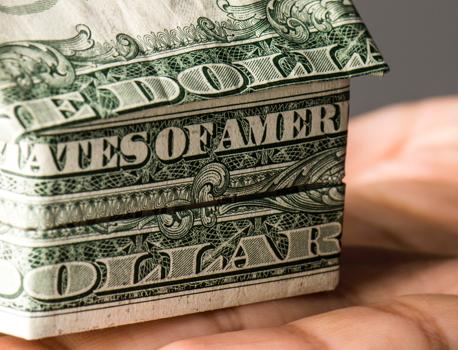Should I Pay Off My Mortgage?

Is it a good idea to pay off your house as soon as possible -- or should you refinance your mortgage to take advantage of lower interest rates, reduce your monthly payment and use the extra money for other needs, such as contributing to retirement accounts?
NerdWallet asked members of our Ask an Advisor network of financial advisors for guidance. Here are their tips to help you make the right decision.
Is paying off your home early a good idea, tax-wise?
Chris Chen, certified financial planner, Waltham, Massachusetts: As you pay down the mortgage, the value of the mortgage deduction for tax purposes goes down, while at the same time income taxes go up, because you can no longer deduct the mortgage interest from your taxable income. This is not ideal from a tax perspective.
On the other hand, I happen to think that having an unleveraged asset -- that is, a house without a mortgage -- is a good thing. If you run into difficult financial circumstances, having a lesser debt burden reduces your break-even for life expenses, such that the impact of a layoff or other adverse financial event will be less painful.
Most people who are able to refinance have done so in the past several years as refinance rates have fallen and stayed low. If you are in the position that you can reduce your payments by refinancing, it is definitely worth consideration as rates continue to be low.
James Kinney, certified financial planner, Bridgewater, New Jersey: Paying off your home is like investing in a secure, interest-bearing, taxable account paying the rate of your mortgage. So if you have a 4.5% mortgage, paying that off is like earning 4.5% in a taxable CD. Not a bad yield, but if you are in the 30% tax bracket, you will have to give 1.35% back to the government in tax. I would want to make sure people are fully funding retirement accounts before considering this move.
I am leery of refinancing with the primary purpose of investing the extra cash. That is called leverage -- borrowing to invest. If your investments do well, this is a good move. But if your investments underperform, you still have to make your mortgage payments. The financial impact of the investment loss is magnified by the amount of the leverage used.
How might a person's age affect the decision to pay off a mortgage?
James Kinney: The younger a person is, the more aggressively they are likely to invest. This weighs strongly in favor of investing rather than paying off the mortgage. As a person gets closer to retirement, they begin to invest more conservatively, so paying the mortgage off becomes a more attractive option. There is also a strong emotional attraction to entering retirement without the financial burden of a mortgage payment.
What are some tips to best take advantage of this option?
James Kinney: A full mortgage payoff is better than a partial pay-down, which will not give the mortgage holder any immediate benefits. Yes, the interest portion of the payment gets smaller with a partial pay-down, and the principal portion gets bigger, but the payment remains the same. It might make sense to save and invest the extra funds elsewhere, and then pay off the mortgage in full when sufficient funds have been accumulated.
What are some other important things homeowners should know?
Chris Chen: If you have a mortgage interest that is much higher than the current rates, or if you have a variable rate mortgage and you expect to stay in your house for a long time, there is still time to refinance. Although the financial community has been expecting higher interest rates for a long time now, this has not yet come through for mortgage rates. Take advantage of lower rates while you can.
James Kinney: Paying off the mortgage is like investing in a very illiquid asset. You can't easily tap the funds. It is important you have emergency funds available in an easily accessible account before applying funds to mortgage pay-down. If you might need access to the funds, it might be a good idea to have a home equity line of credit in place, which would allow you to borrow the money back in the event it is needed for an emergency.
Chris Chen is a certified financial planner at Insight Financial Strategists in Waltham, Massachusetts.
James Kinney is a certified financial planner and the founder of Financial Pathways in New Jersey.
This article originally appeared on NerdWallet.


